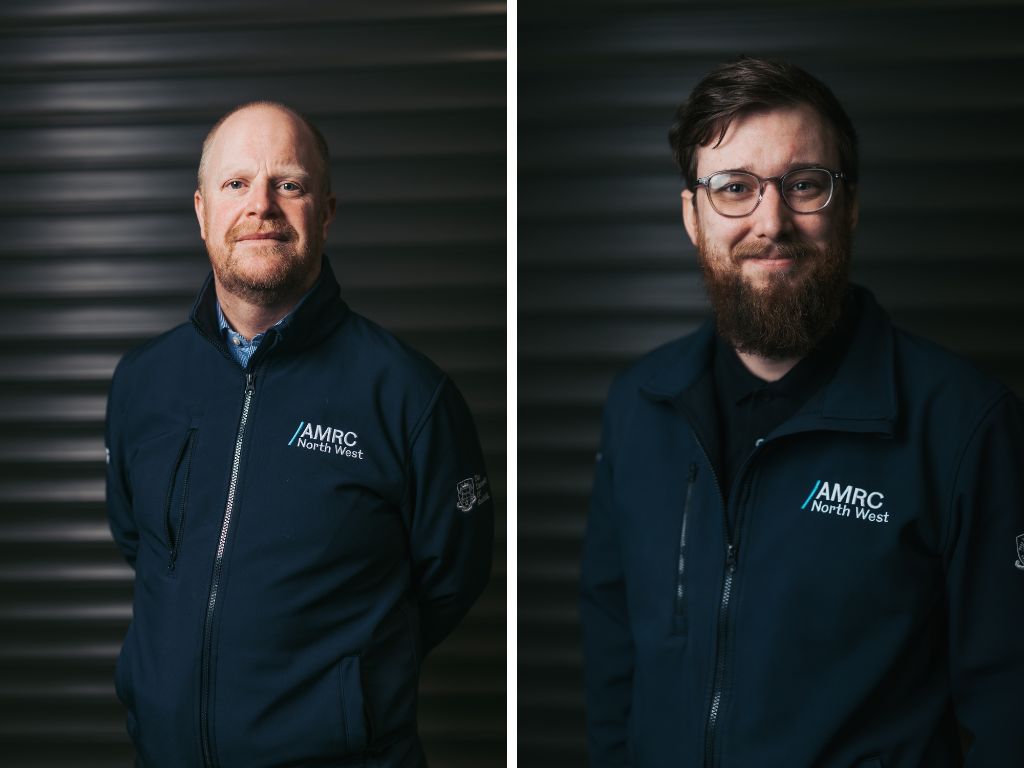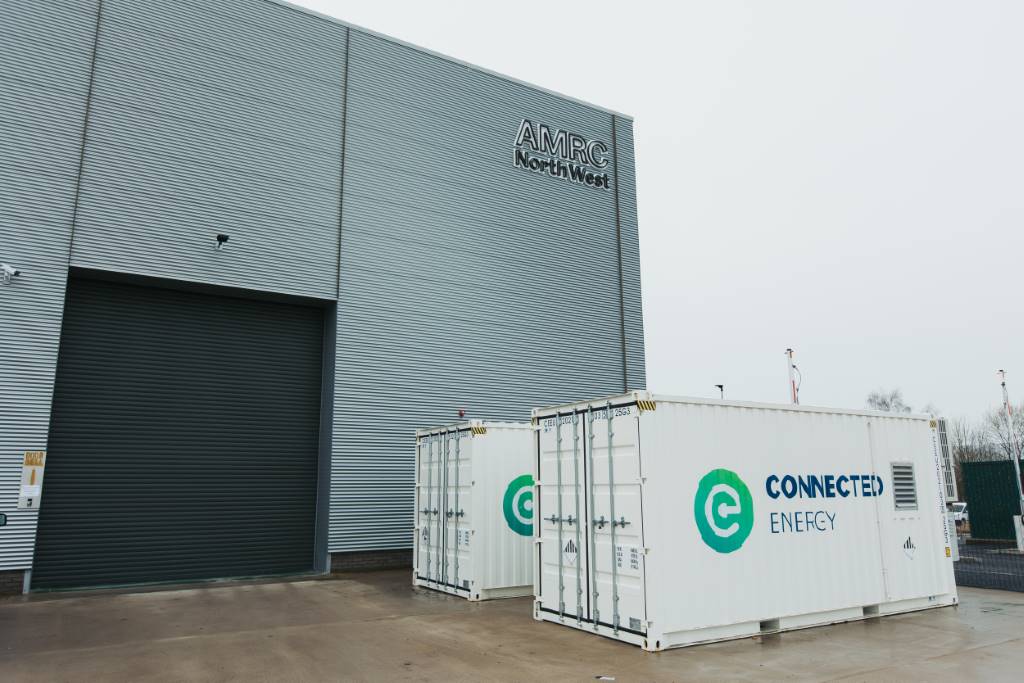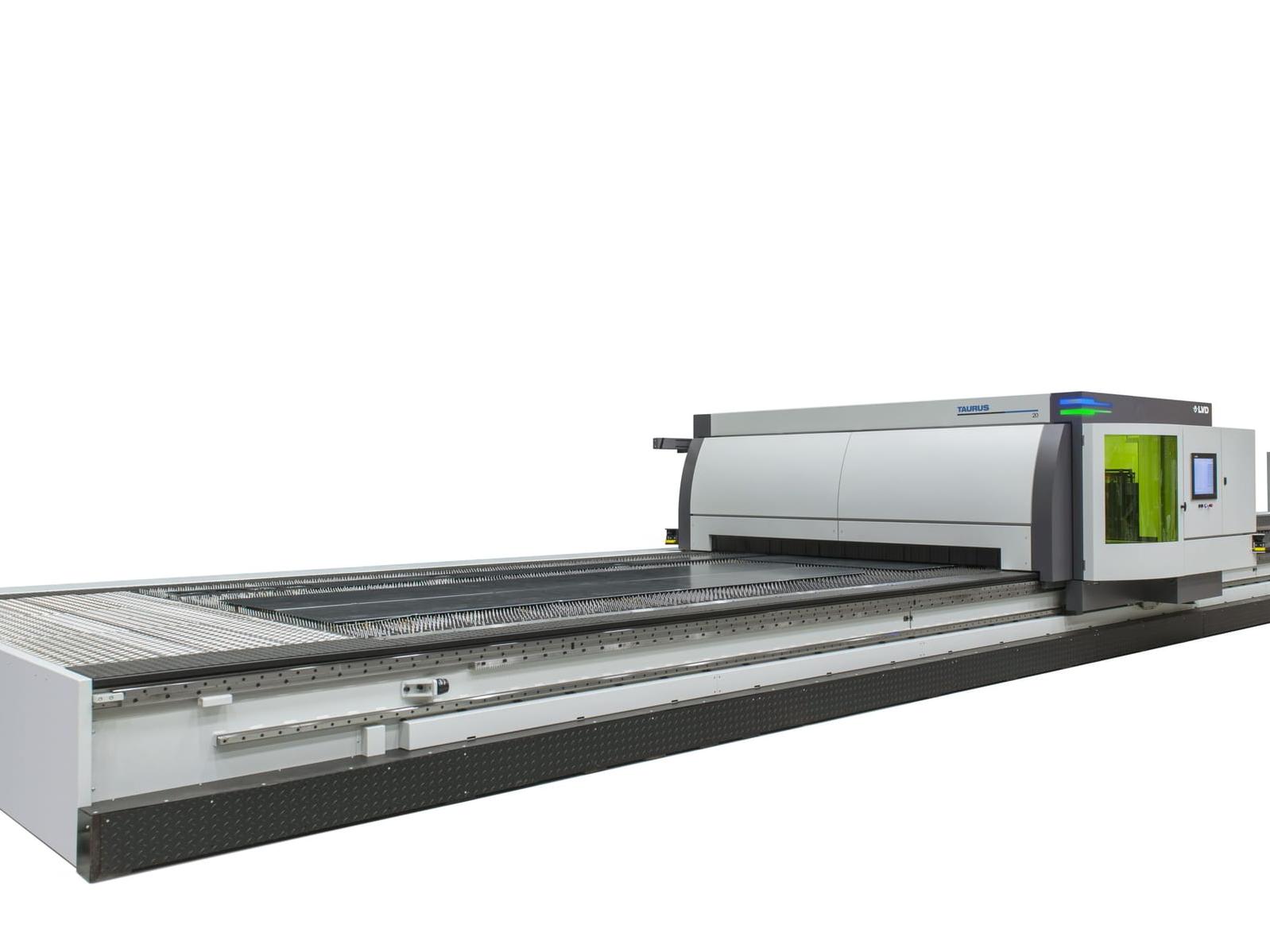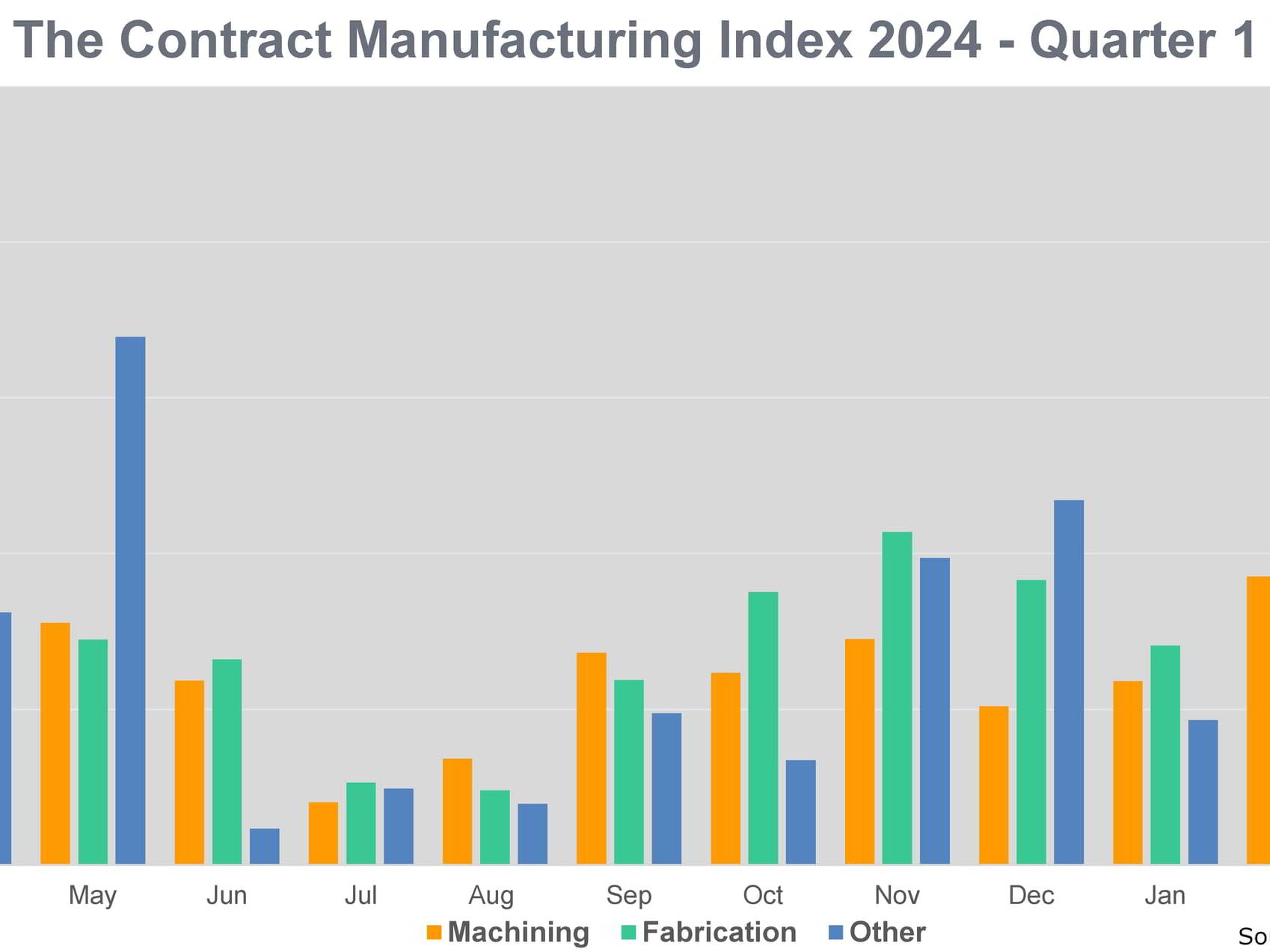AMRC North West: engineering a cleaner tomorrow

Sustainability, green credentials, Net Zero – these are all terms that are interwoven into the very fabric of our everyday lives. And we all know this is about as serious as it gets. In the face of escalating climate change impacts, limiting global warming through carbon emission reduction is paramount to ensure a sustainable future. Dave Tudor caught up with Iain Martin and James Valentine of the University of Sheffield Advanced Manufacturing Research Centre (AMRC) North West to find out more about its sustainability endeavours.
For UK manufacturing companies, transitioning towards Net Zero not only helps address the urgent need to limit global warming but also aligns with national goals to achieve carbon neutrality by 2050.
It’s worthwhile setting the scene a little and taking a brief look at the current AMRC structure in the UK. The University of Sheffield Advanced Manufacturing Research Centre is a world-leading and pioneering research and innovation network. It has sites in Rotherham and Sheffield, but also a footprint in Lancashire with AMRC North West, and Broughton, North Wales with AMRC Cymru – a facility it shares with Airbus.
The organisation is part of the University of Sheffield – as is its sister centre the Nuclear AMRC and the AMRC Training Centre used to nurture and train the engineers of tomorrow. From a wider perspective, it’s one of seven centres that make up the High Value Manufacturing (HVM) Catapult, a national network of research and innovation centres.
To comprehensively list all the work the AMRC is involved with would swell the wordcount of this article unimaginably, but in simplistic terms, essentially it was formed to bridge the gap between academia and industry – turning groundbreaking ideas into reality. It does the research, develops the technology, tests the processes and generally de-risks everything in readiness for manufacturers and businesses to pick up the baton and take things to market.
And it’s keen to emphasise that it works with companies at all levels – from primes and mid-tier businesses through to lower tier and SMEs. It’s a misconception that the AMRC exists just for the big boys – it works with the entire supply chain. Often cost-reduction, efficiency and Net Zero pathways are primary drivers.
Low carbon transition
The AMRC has specialist expertise in many disciplines including digital manufacturing, machine learning and artificial intelligence (AI), composites, automation and robotics, additive manufacturing, testing and training. It also drives forward sustainable manufacturing technologies for Net Zero, creating the vital step changes needed in the low carbon transition.
The purpose-built facility in the North West however is a little different. Located in Samlesbury, it was officially opened in March 2022 as a Low Carbon Smart Building Demonstrator supported by the Lancashire Enterprise Partnership.

It’s very much a work in progress, but its intention is not only to help develop pioneering manufacturing processes in a similar vein to the other AMRC sites, but also to help create a roadmap for manufacturers – large and small – in their respective journeys towards Net Zero by 2050.
“We’re located in the Samlesbury Enterprise Zone adjacent to BAE Systems – a company we work very closely with – and the site employs 70 members of staff,” explains Iain Martin, senior business engagement manager and senior theme lead for the low carbon smart building demonstrator. “It’s all about extending the AMRC’s reach through regionalised support and in conjunction with our other sites, AMRC North West forms part of a northern arc that covers North Wales, through Lancashire and into Yorkshire.
“As a group, the AMRC works very collaboratively and there are many core strategies that are common across all sites but AMRC North West does have some unique skillsets such as our battery and battery cell technology expertise – from design through to manufacturing and assembly,” he adds.
“Also, although this is a discipline common across all facilities, we’re the lead site in the group for additive manufacturing. And, although we have digital teams across the AMRC network, the focus of the team in the North West is the development, application and rollout of 5G technology in manufacturing and smart factories. We have the largest 5G testbed located here.”
Independent and impartial
For manufacturers starting their Net Zero journey or perhaps are a way into it, the AMRC is a good place to start because it’s independent. James Valentine, senior technical engagement manager elaborates: “Often, a company will approach us and ask us to evaluate how much a particular manufacturing process costs or how much energy it uses, or even wider issues like are we operating as efficiently as we could be in terms of our carbon footprint.
“The drivers for these initiatives could simply be self-generated or perhaps it’s being imposed by the supply chain that company is in,” he affirms. “We’ll visit the company and install one or two low-level wireless sensors on perhaps a press brake or a machine tool. We’ll then gather data from the machine and the process and feed it back to the customer.
“They’ll get lots of useful information from the analysis on important elements like costs and energy consumption. Often this is only the start of the Net Zero journey – the company will then look at what other cost and energy saving initiatives it can implement. The really good thing about this however is that the principles can be applied across any manufacturing company irrespective of sector or size.
“It’s important to note that we get involved through a number of different routes: companies may contact us directly; it could be through repeat business; or through referrals.”
A case in point
It’s always good to reference examples when talking about initiatives to improve manufacturing efficiencies and a case in point is HycAero (formerly Hycrome Aerospace), a multi-tier supplier to the aerospace industry with five NADCAP accreditations for thermal coating, chemical processing, shot peening, NDT and heat treatment. The company has invested heavily in robotics and automation coupled with a commitment to employee training and development.
The investigation carried out by AMRC North West was on a paint booth extraction system at HycAero. Power and State information was gathered and combined with movement data representing the occupancy of the booth to identify process efficiency including changeover times and unproductive power consumption where the extraction was running but no actual painting was taking place.
The AMRC North West team installed three sensors to measure current, bath overflow and paint booth occupancy, and a fourth (gateway) to store and post the sensor data via mobile network.
The findings from the investigation were extensive and detailed but it was discovered that the running costs of the booth in terms of power consumption could be offset totally by the installation of a 25kW solar panel system. Analysis also revealed that, over the monitored period (just shy of a month), there were 24 hours of time that the booth was unoccupied for more than 120 seconds, while the extractor fan was running.

Further to the investigation, HycAero is now considering the installation of dashboards that allow it to monitor long downtime periods across historical data which allows for investigation into unscheduled downtime/unproductive work.
Overall, through analysis of the paint booth ecosystem, temperature and occupancy data, the project has de-risked the installation of IoT and enabled the business to pursue the installation of further systems. It has essentially opened HycAero’s eyes to the power of data and what can be achieved.
Stephen Kelly, operations director at HycAero commented: “Working with the AMRC North West has allowed us to install technology across the business to monitor our processes. The outputs are a reduction of wasted energy, improved operational efficiencies and elimination of risk from equipment failures that could have both financial and environmental impact.”
AMRC North West Low Carbon Smart Building Demonstrator
Yes, it’s a somewhat unusual name perhaps but it does what it says on the tin. As James Valentine succinctly puts it: “The whole purpose behind the AMRC North West’s inception was to ‘become’ a demonstrator of advanced and sustainable technologies – it didn’t start off as one. And ultimately, we can’t demonstrate sustainable technologies to others without outwardly being sustainable ourselves.
“So we use our factory ecosystem monitoring, tracking and sustainability systems to assess how much energy we’re using and carbon we’re producing ourselves. This includes not only the efficiency of our lighting, heating and cooling systems, but also all our machinery and equipment on the shopfloor. We’ll make decisions internally based on that data and then, in turn, feed that back into what we actively demonstrate here. This has a very direct bearing on the machines we purchase and the processes we use.
“We also have renewable energy generation systems on site again as part of the demonstrator so we know not only how much energy we’re using, but also how much we’re generating and storing (the AMRC North West can store up to 1MW of energy). This enables us to set carbon emission targets and goals and, importantly, measure our performance against those targets.
“It’s important to understand that this is work in progress,” he states. “We’re learning as we go, but as we do so, we’re able to pass on what we’re learning to our customers and partners in their own Net Zero journeys. That’s the whole ethos behind the AMRC North West being a Low Carbon Smart Building Demonstrator. It’s not just a ‘do as we say’ scenario; it’s ‘do as we do’ or put another way, practising what we preach.
“Of course the benefits are not purely environmental; producing less waste and being more efficient makes a big difference to a business’ bottom line,” he concludes.
AMRC
www.amrc.co.uk














